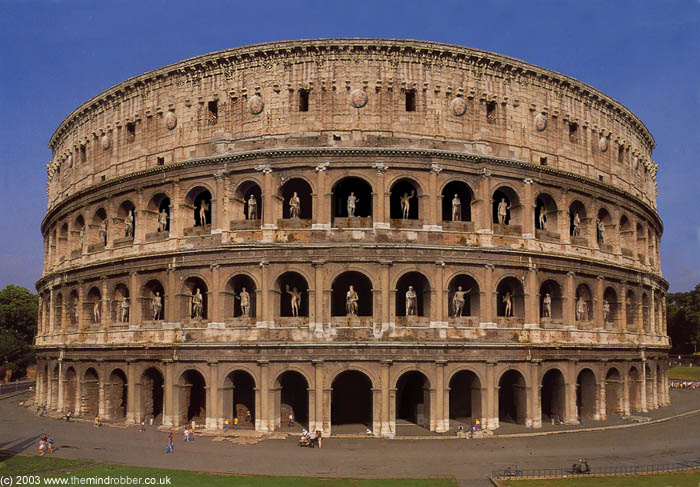Lemony16
New Member
- Joined
- Jul 17, 2019
- Messages
- 2
Hello everyone,
I am currently writing a fantasy novel about an alternative earth based on some of knowledge we already have, and I am struggling a little bit in this subject.
For example, I need the ( music, dancing style, the nationality of people, religion and famous writers ) to be the same as we know in our world, yet history is different.
For example a world where roman empire still exists in the time of technology. Does it sounds realistic? If I want to go step by step with historical events it will be nearly immposible, and even if it can happen still what about other countries in the world? Can roman empire excite with Latin America union!? Any thing is possible in fantasy I believe but it seems that I can't hit a solid base yet !
P.s : the events take place in an island that I created, not even exist in our earth.
Btw, I couldn't find the right classification for this kind of fantasy, historical or high fantasy or other!
Any ideas will be appreciated

I am currently writing a fantasy novel about an alternative earth based on some of knowledge we already have, and I am struggling a little bit in this subject.
For example, I need the ( music, dancing style, the nationality of people, religion and famous writers ) to be the same as we know in our world, yet history is different.
For example a world where roman empire still exists in the time of technology. Does it sounds realistic? If I want to go step by step with historical events it will be nearly immposible, and even if it can happen still what about other countries in the world? Can roman empire excite with Latin America union!? Any thing is possible in fantasy I believe but it seems that I can't hit a solid base yet !
P.s : the events take place in an island that I created, not even exist in our earth.
Btw, I couldn't find the right classification for this kind of fantasy, historical or high fantasy or other!
Any ideas will be appreciated


